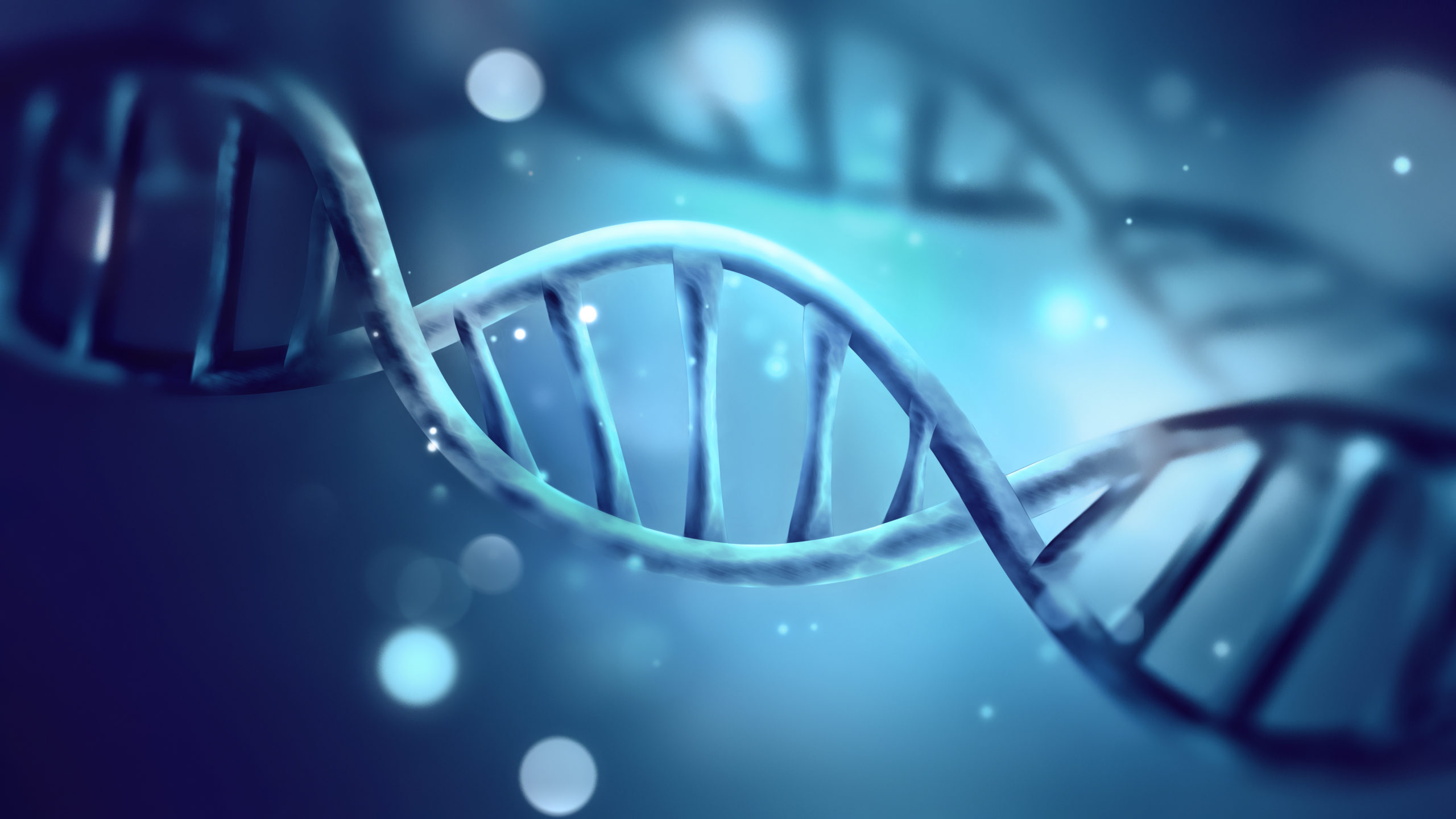A Florida man named Jared Vaughn was recently charged with rape after purchasing a consumer DNA kit, uploading his genetic code to a genealogy tracking website, and having his genetic code matched to a DNA sample collected from when he allegedly attacked a college girl in 2007.
Tampa Police assistant Chief Ruben Delgado told Fox 13, “It has taken 14 years for resolution in this case, but it’s something that was important to us and was important to the victim, to get some closure in this case.”
The woman claimed she was inebriated while walking back to her University of Tampa dorm room when a man now identified as Vaughn, 30, offered to take her home and raped her once they arrived.
DNA samples collected at the time were unmatched until Vaughn’s code surfaced on the site, and the match was confirmed following a follow-up test by authorities.
Florida state trooper Mark Brutnell told Fox 13, “Our success depends on info found in public genealogy databases, where participants — and this is important — must opt-in for law enforcement matches.”
DNA testing for law enforcement is a difficult task. In this case, the suspect submitted his own samples and understood that authorities could utilize them.
However, suspects can be implicated in crimes if their relatives upload their own samples, putting them under genetic surveillance without their knowledge.
A technology platform that gives law enforcement huge public surveillance powers based on our genetic codes for resolving a cold case is hard to praise. However, it’s a relief to know that someone who certainly seems guilty of an abominable crime has been apprehended. But the hard ethical issues of surveillance and the right to genetic privacy will not soon disappear.


